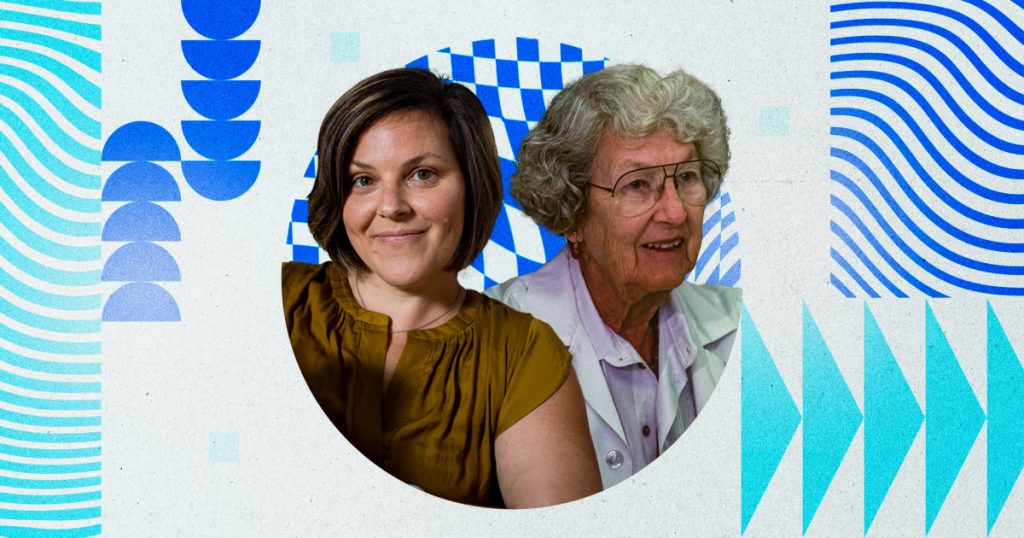In vitro fertilization (IVF) is a commonly used infertility treatment that has helped many couples have children. IVF involves fertilizing an egg with sperm outside of the body and then placing the fertilized embryos into the woman’s body. Female scientists have played a crucial role in the development of IVF, from Miriam Menkin in the late 1930s to Georgeanna Seegar Jones in the late 70s and 80s. These women worked alongside their male colleagues to pioneer this life-changing treatment. For example, Jones’ work led to the birth of the first baby born in the U.S. from IVF, Elizabeth Carr.
Miriam Menkin worked with Harvard gynecologist Dr. John Rock in the 1930s and 1950s to determine how fertilization occurs in women. Menkin was instrumental in the first successful fertilization of an egg in vitro in 1944. Jean Purdy, a research assistant and technician, also played a vital role in the development of IVF in the UK in 1968, which eventually led to the birth of Louise Brown, the first IVF baby in the world, in 1978. Despite their significant contributions, many of these women did not receive the recognition they deserved at the time.
Georgeanna Jones, a reproductive endocrinologist, and her husband Howard Jones played a crucial role in developing IVF in the U.S. Jones continued to work on IVF even after mandatory retirement, eventually leading to the birth of the first U.S. IVF baby, Elizabeth Carr, in 1981. During the 1980s, other women pioneers like Anne Colston Wentz and PonJola Coney also contributed to the advancement of IVF. Despite facing skepticism and opposition, these women persevered and paved the way for the success of IVF as a treatment for infertility.
Elizabeth Carr, the first baby born via IVF in the U.S., has grown up to become a patient advocate for IVF. Carr was born in December 1981 and has been an advocate for IVF her entire life. She has attended IVF baby reunions and has witnessed the growing number of babies born through assisted reproductive technology. Carr continues to advocate for greater access to and coverage for IVF treatments, emphasizing the importance of IVF for individuals and couples facing infertility.
In February 2024, IVF was at the center of controversy when the Alabama Supreme Court ruled that frozen embryos created through IVF were considered children under state law. This ruling halted IVF procedures until a law was passed in March to protect IVF providers. The ruling highlighted the ongoing importance of IVF and the need to protect the rights of individuals seeking infertility treatments. Carr attended President Joe Biden’s state of the union address in response to the ruling, advocating for greater support for IVF on a national level. She is optimistic about the future of IVF and its accessibility for those in need.


